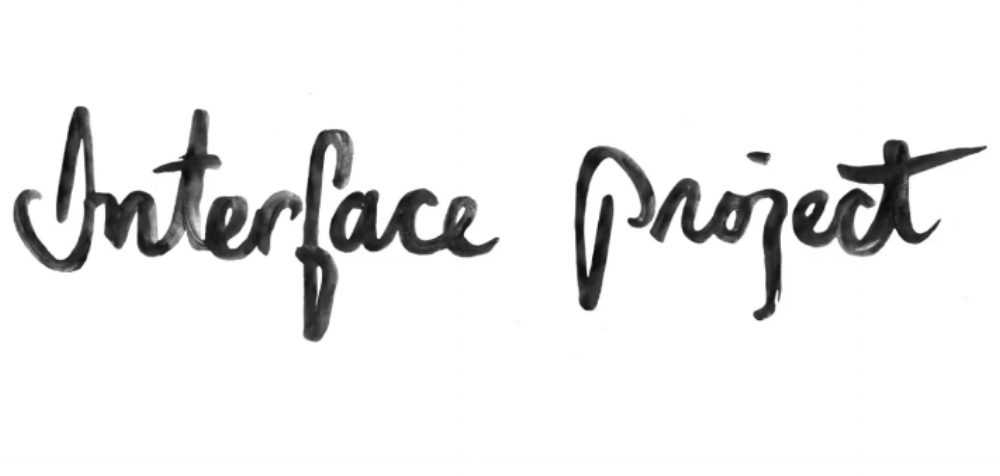AMANDA SAENZ
San Francisco, California, U.s. / July 18 2014
(Transcript)
Hi, my name is Amanda Saenz, and I am 20 years old. I'm a college student up in Seattle, Washington. I was diagnosed with a DSD when I was 13 years old and my diagnosis was partial androgen insensitivity syndrome (AIS) but recently I found out that I don't have that. I'm sort of in this diagnosis limbo.
If my experiences with doctors have taught me anything it's that first and foremost I am a person and I am not my diagnosis. It's important I think for doctors to remember that we have feelings and that there are a lot of latent anxieties that we might not share with you and it's important for you to be mindful and sensitive of that. As a doctor you're on the front lines and it's important for you to create a safe space for us to ask questions and to be comfortable talking to you.
I have always known that they've had my best interests at heart because they make sure to know what I want even regarding HRT (hormone replacement therapy) for example, something as simple as that. One of the things that stands out in my memory as far as a positive experience is that I showed up one day, and this was last year, to a doctor's appointment and my doctor took the initiative to give me my medical records without me asking. And that was a very beautiful and empowering moment where my doctor took the extra step, she went the extra mile, she made sure I was educated, and that I knew about everything that I had been through.
If I had to give a message to parents it would be first and foremost to love your child as they are. If you have an infant who was born with ambiguous genitalia, no big deal. Nothing has to be acted on right away. There's no pressure. There's nothing that needs to be done.
If I had to give a message to a child or a young adult it would be that you're not alone which I know is something you've probably heard a lot but at the same time having community is empowering and you get to share those feelings and you get to find people who have similar experiences and all of a sudden you don't feel alone, you don't feel different, you don't feel like a freak. And even if you surround yourself with groups of people who are accepting, who love you, it's important to find people who share your experiences because no matter how close someone is to you they can never know what it is that you've been through.
They can't relate to you on that deeper level. I know for me coming to a conference for example, to a support group conference, it's such a safe space. It's sort of like not being in the closet about having an intersex condition because of the quote/unquote "real world" you live behind that curtain and you ... but here with peers that curtain is gone.
Never forget that No Body Is Shameful ®.
